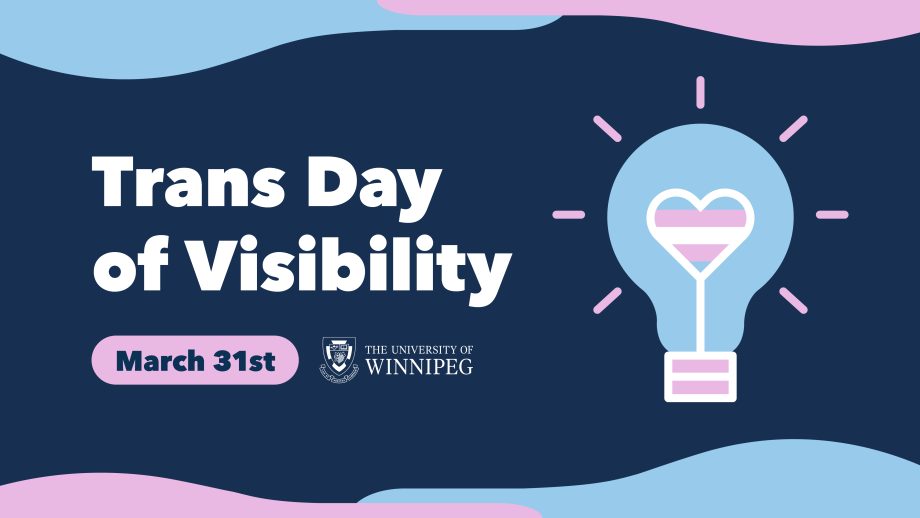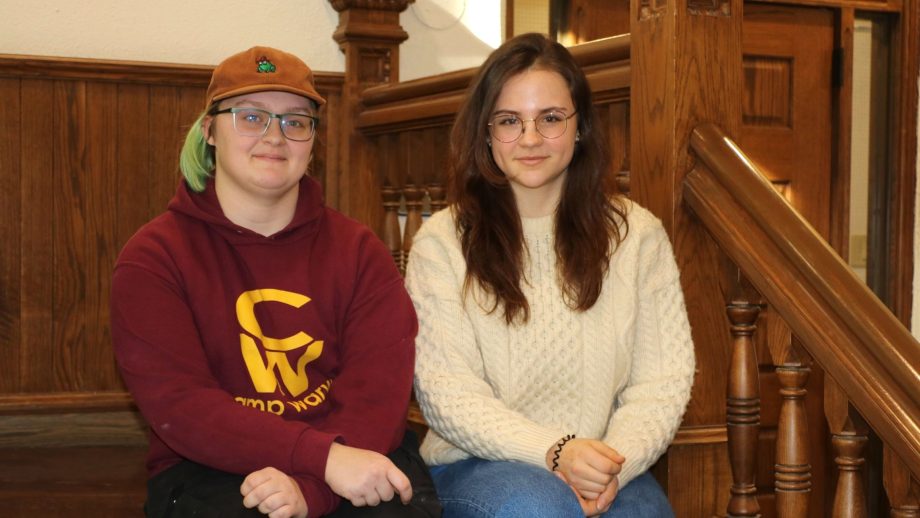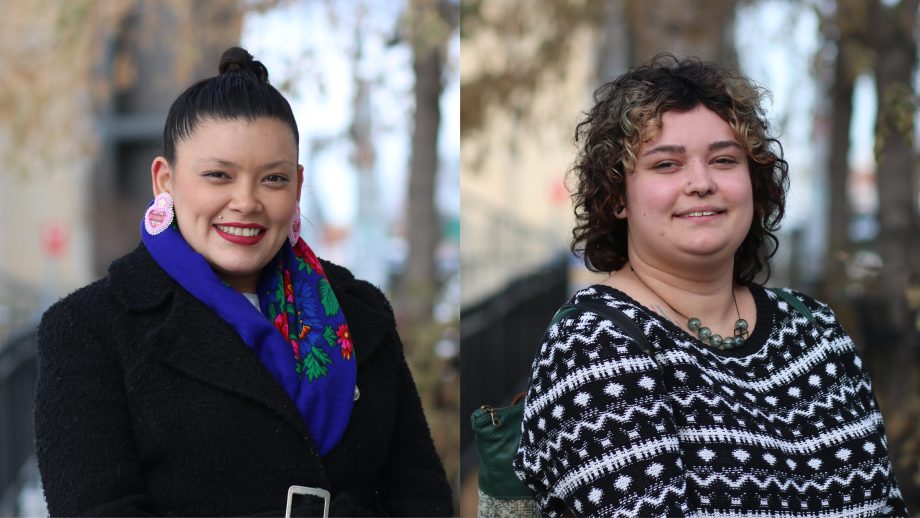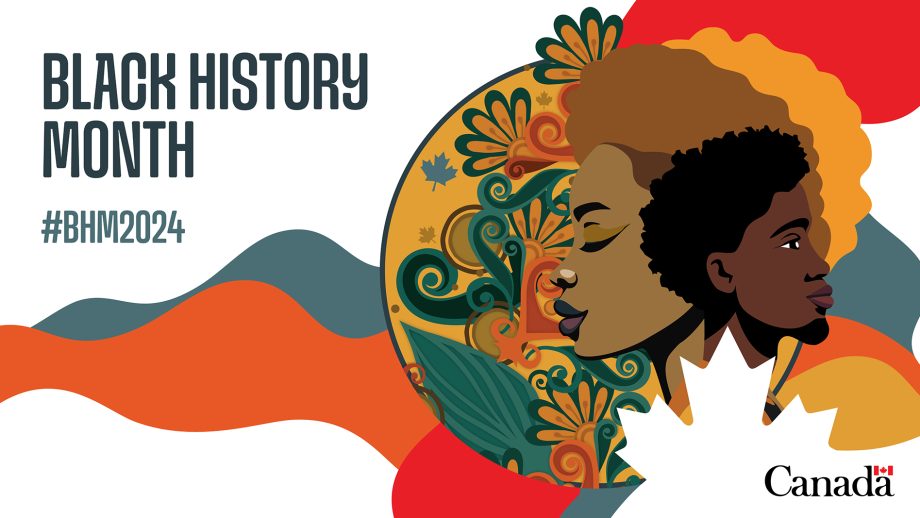 WINNIPEG, MB – Delegates to the second phase of the Aboriginal University Education Roundtable have agreed to accelerate efforts to improve the success of First Nations, Métis and Inuit students in Canadian universities. Senior officials from 20 universities, First Nations and Métis educational institutions and governments concluded their two-day meeting at The University of Winnipeg by issuing a communiqué committing to a series of tangible steps to make university education more accessible to Aboriginal students.
WINNIPEG, MB – Delegates to the second phase of the Aboriginal University Education Roundtable have agreed to accelerate efforts to improve the success of First Nations, Métis and Inuit students in Canadian universities. Senior officials from 20 universities, First Nations and Métis educational institutions and governments concluded their two-day meeting at The University of Winnipeg by issuing a communiqué committing to a series of tangible steps to make university education more accessible to Aboriginal students.
UWinnipeg President and Vice-Chancellor Lloyd Axworthy, Assembly of First Nations National Chief Phil Fontaine, Manitoba Métis Federation President and Métis National Council member David Chartrand and Assembly of Manitoba Chiefs Grand Chief Ron Evans co-chaired the Roundtable.
The communiqué is as follows:
“Canadian universities are committed to making our institutions more accessible to First Nations, Métis and Inuit students. While an impressive variety of efforts are underway to encourage Aboriginal student enrolment and to accommodate student needs, our institutions must accelerate our efforts to achieve higher rates of graduation among First Nations, Métis and Inuit students.
Canadian universities must first listen to and respond to needs articulated by First Nation, Métis and Inuit communities and their governing and educational institutions, and then develop relationships of mutual respect and recognition with First Nation, Métis and Inuit governments and organizations. Dramatically increasing the number of Aboriginal graduates from our institutions is vital to the healthy development of First Nation, Métis and Inuit communities and Canada as a whole. This is necessary so that Aboriginal Peoples may fully participate in both Canadian society and the economy, while encouraging and ensuring that First Nation, Métis and Inuit languages, traditional knowledge and cultures continue to thrive to the benefit of us all. Canadian universities have an important role in developing Indigenous human resources and capacity for Indigenous communities while respecting Indigenous intellectual property.
We therefore propose adopting as our mission that universities ensure First Nation, Métis and Inuit students have equitable access to attend university and to complete their degrees. Our goal is equity in the number of First Nation, Métis and Inuit students who complete university degrees, so that over time, the percentage of the Aboriginal population with university credentials is at least at the same level as the general population.
We recognize that achieving this mission and goal must be a shared responsibility between our institutions, First Nation, Métis and Inuit governments and communities along with governments at the federal and provincial levels and the private sector. We recognize the important role First Nations, Métis and Inuit post-secondary institutions have in creating post-secondary opportunities for Indigenous peoples which might not otherwise exist and the role they play in preparing students for university. We must use our full capacity to meet the needs of Aboriginal Peoples.
Therefore, we will ask the university presidents of Canada to provide leadership in developing:
- An evaluation standard for universities that will set out criteria for universities to meet which will include areas of openness and accessibility of the institutions, as well as issues of governance, programs, services and outreach;
- Aboriginal strategic plans within each institution that are university-wide with outcomes and targets for First Nation, Métis and Inuit access and success;
- A manual for university faculty, staff and students with knowledge about indigenous peoples to promote understanding between peoples;
- A data collection system developed in partnership with First Nations, Métis and Inuit governments and communities to record student success and provide a basis for evaluating programs and services for Aboriginal students;
- Specific support for K-12 education in our cities and in First Nations, Métis and Inuit communities in partnership with First Nations, Métis and Inuit governments and organizations; and
- Increased and improved financial resources within our universities such as scholarships and bursaries for First Nation, Métis and Inuit students.
- Partnerships with Indigenous institutes of higher learning in order to strengthen the capacity of Indigenous peoples to meet their post-secondary needs.
While universities can achieve a great deal with their own resources, they will also require the partnership of the private sector and governments. We want to ensure there are adequate financial resources so that no First Nations, Métis or Inuit student is barred by lack of funds. This will require at a minimum that the federal government remove the two per cent annual ceiling on the Post Secondary Student Support Program (PSSSP) and develop specialized government financial assistance for Métis and non-Status First Nations’ students. We further call upon the federal government to strengthen its support for Indigenous institutes of higher learning.
We will ask university presidents to develop a well-articulated set of requests for both the private sector and government, to take the universities to the next step towards achieving the objective of equity.”
Finally, delegates pledged that universities, First Nations and Métis governments and provincial and federal governments would continue to meet, and agreed to release a policy paper in the coming weeks.
– 30 –
Located in the heart of downtown, The University of Winnipeg is a compact, diverse, multi-cultural academic community committed to access and excellence. Home to more than 9,200 full- and part-time students, UWinnipeg has been ranked by our graduates in the Top-10 of all Canadian universities when asked about their “Entire Educational Experience” (MacLean’s Graduate Survey, June 2006). The Globe & Mail Report Card 2007 gives the University of Winnipeg an overall “A” grade in the areas of quality of education, teaching quality, class sizes, faculty-student interaction and the availability of faculty outside of classroom hours. Find out why. Visit http://www.uwinnipeg.ca
FOR MORE INFORMATION
Ilana Simon, Communications Officer, University of Winnipeg
P: 204.786.9930, C: 204.782.3279, E: i.simon@uwinnipeg.ca




